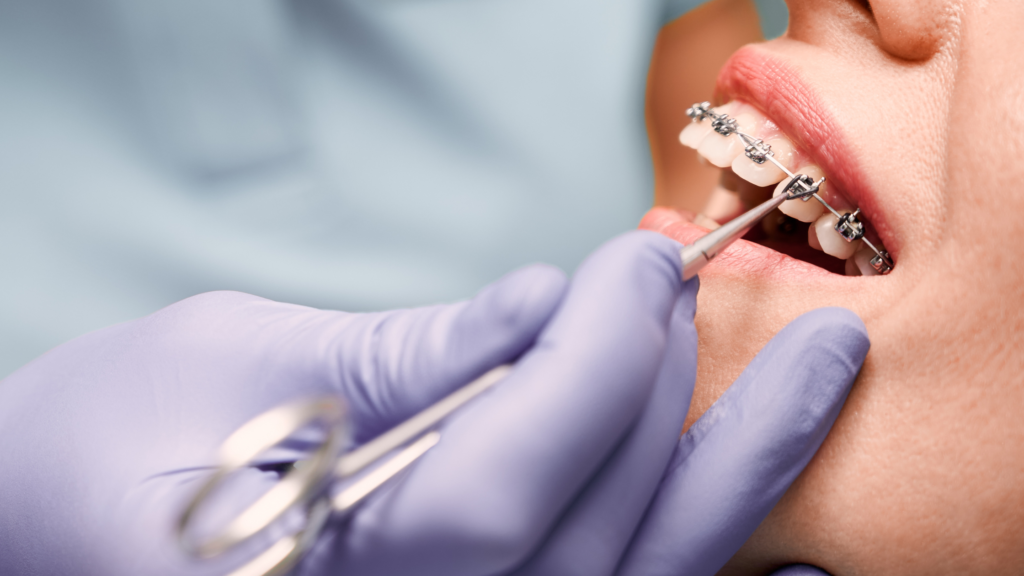The detrimental effects of tobacco and cigarettes on the body are widely recognized and primarily associated with lung problems. However, the influence of smoking on oral health is often underestimated. This article delves into the lesser-known repercussions of smoking, particularly in the context of orthodontic treatment like braces. Addressing the query “Does smoking affect braces?” reveals the significance of quitting smoking to ensure both a successful braces journey and optimal oral health. If you’re seeking expert orthodontic care, consider exploring orthodontics in Newcastle for comprehensive solutions.
Smoking is dangerous, not just for your mouth.
Today many people receive braces to improve their oral health. But braces are a big responsibility, which means more than dental visits and cleaning. If a person smokes while wearing braces, they will only damage their oral health further and risk permanently staining their teeth (even when the appliances are removed).
Smoking reduces the mouth’s ability to fight tooth decay because it lowers the saliva produced in the mouth. Saliva contains beneficial substances that fight the acid in the mouth, thus reducing the plaque generated by the bacteria. The smoke that enters your mouth is also full of toxins that stick to the plaque on your teeth. In time, this will lead to yellow or brown teeth.
Smoking cigarettes can cause significant damage to the gums and the bone. The plaque will push the gums, leaving the roots vulnerable to bacteria, smoke and toxins. That is why people who smoke are more likely to suffer from periodontal disease than those who don’t. Smoking while wearing braces will add to these concerns. If you really want to have a healthy mouth and a future bright smile, you need to consider giving up this habit.
Quitting is beneficial to your whole body.
Suppose you will quit tobacco and cigarettes when you receive your orthodontic appliances. In that case, you will notice many health benefits that reduce the risk of smoking-related oral health issues.
Commit yourself to straighten your teeth in a proper manner and restrain yourself from smoking. Much of the damage smoking causes to your mouth is reversible if you abstain from smoking completely. Even if it is for a few months, you will realize that the overall lung function is increased and that you have reduced the number of oral health problems (gum disease, cavities and more). A smoke-free life of at least five years reduces the risk of cancer in the mouth, a major concern for smokers.
If you want to learn more about the benefits of quitting smoking, you can ask your dentist and orthodontist. You can also ask them about methods of quitting and what products you can use to help kick this habit.
Conclusion:
In conclusion, the impact of smoking on oral health, particularly in the context of braces treatment, is substantial and cannot be ignored. By addressing the query “Does smoking affect braces?” we underscore the pivotal role of quitting smoking in safeguarding optimal oral health and guaranteeing a successful journey. Opting for a smoke-free lifestyle shields teeth, gums, and bones and ushers in a more confident, radiant smile. To unearth the benefits of quitting smoking and explore effective cessation methods, seeking guidance from a dentist and orthodontist is highly recommended. This choice marks a significant stride toward a healthier, brighter future where your smile truly shines.

